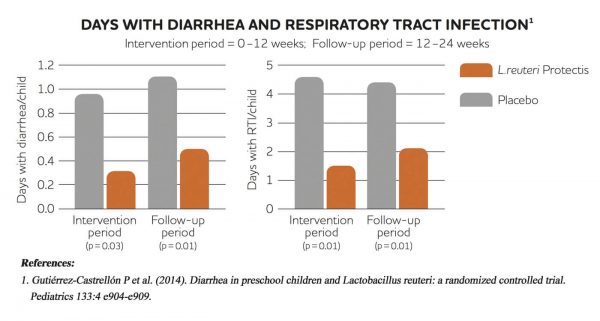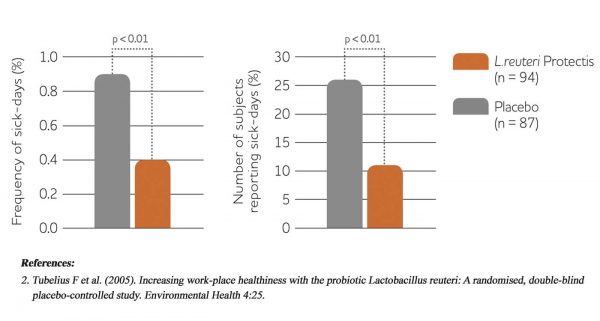A FLEXIBLE SOLUTION FOR A HEALTHIER LIFE

Microorganisms, a prerequisite for life
Earlier it has been widely cited in literature that humans carry ten times as many bacteria cells as body cells. However, new findings suggest that the number of bacterial cells are actually the same as the number of human cells. These bacteria are called the human microbiota and they are extremely essential for human health. The microbiota consists of some 100 trillion bacteria and is often referred to as an organ of its own right.
Microorganisms “educate” the immune system, help digest our food by breaking down its content of dietary fiber and produce certain vitamins. Microorganisms are also an important part of the body’s first line of defense against foreign and pathogenic microorganisms. Both the number of microorganisms and their diversity are vital for maintaining the balance in the body.
A healthy gut is a healthy choice
Most of the immune system is located in the gut which makes a healthy intestinal mucosa and a balanced microbiota essential for a well functioning immune system. A healthy microbiota can reduce the risk of infections and the need for antibiotics.
Boosting the immune system
BioGaia’s probiotic strain L. reuteri Protectis has immunomodulatory properties and contributes to gut health by restoring a natural balance in the gastrointestinal tract. It competes with pathogenic bacteria for adhesion receptors, which prevents pathogens from multiplying in the gut.
In healthy children attending day care centers, daily administration of L. reuteri Protectis (L. reuteri DSM 17938) turned out to reduce the number of days with diarrhea and respiratory tract infection by 67% [1].

A hectic life increases the risk of infections
A modern lifestyle, with too little exercise, an unhealthy diet and high levels of stress, are major risk factors for infections. The risk also increases when the seasons change.
For most adults it is difficult to balance work, sleep, home and family. And it ends up affecting their health. L. reuteri Protectis strengthens the immune system and has been shown to significantly reduce the frequency of sick-days [2].

With age comes not only wisdom
With old age it is normal to get more sensitive to infections. And for those who are unlucky a common cold can escalate into something much worse. Probiotics can be a good way to enhance the immune system.
Reduced the antibiotic-associated diarrhea
Antibiotic-associated diarrhea (AAD), i.e. diarrhea as a side-effect of antibiotic therapy, affects up to 25 per cent of all patients treated with antibiotics. Antibiotics kill pathogenic bacteria in the body and thereby also affect the “good” bacteria. The balance of the gut flora gets disturbed and this imbalance may persist for a long time. The risk of AAD is increased by factors such as the intake of several different types of antibiotics over a long period of time, gastrointestinal surgery and long-term hospital stays.
Constipation
The incidence of constipation among children varies between 7 and 30 per cent depending on the country. Many children with constipation have continued problems as teens and adults and consequently functional constipation is a common problem also among adults. The overall prevalence worldwide is 14 per cent, with a higher prevalence among women and the elderly. Functional constipation is present when no underlying medical disease responsible for the symptoms can be found.
Helicobacter pylori – the gastric ulcer bacterium
At least half of the world’s population is infected by Helicobacter pylori (H. pylori), but the incidence varies from over 80 per cent of all adults in developing regions such as Asia and Latin America to between 20 and 50 per cent in the industrialised world. H. pylori may lead to chronic gastritis and is strongly linked to the development of gastric ulcers and stomach cancer. The majority of infected individuals are however asymptomatic, only around 20 per cent have symptoms. How the bacteria is transmitted is not fully understood, but many are infected as children.

